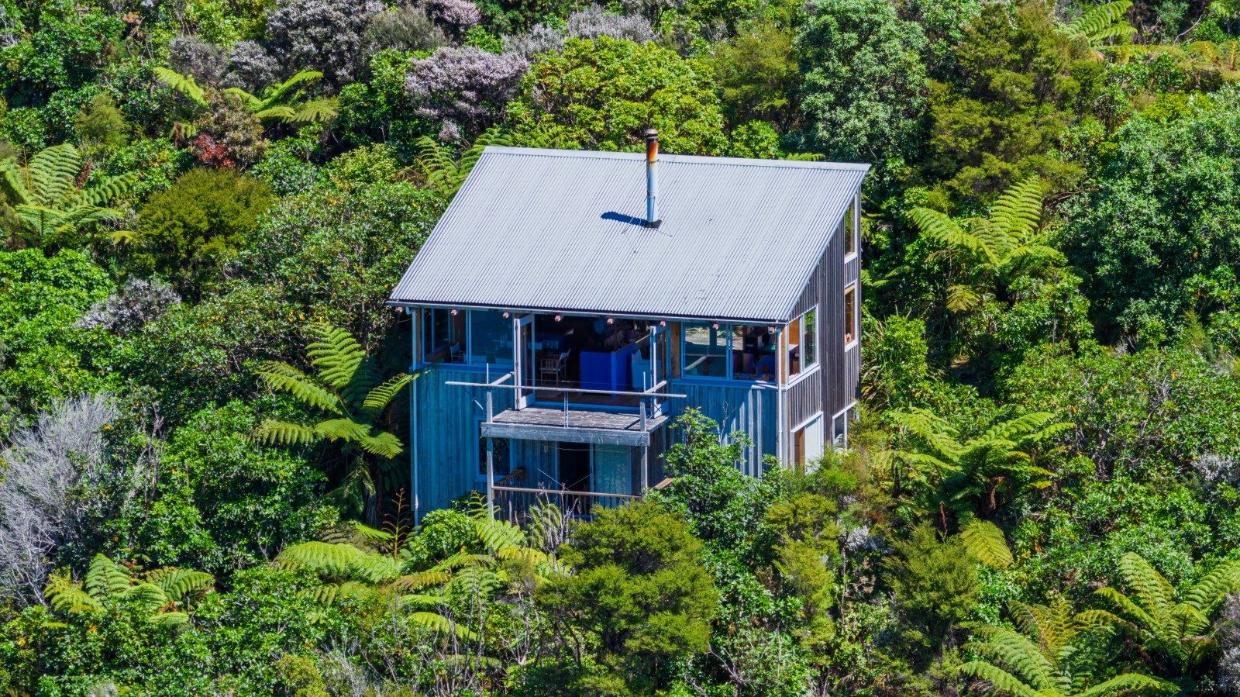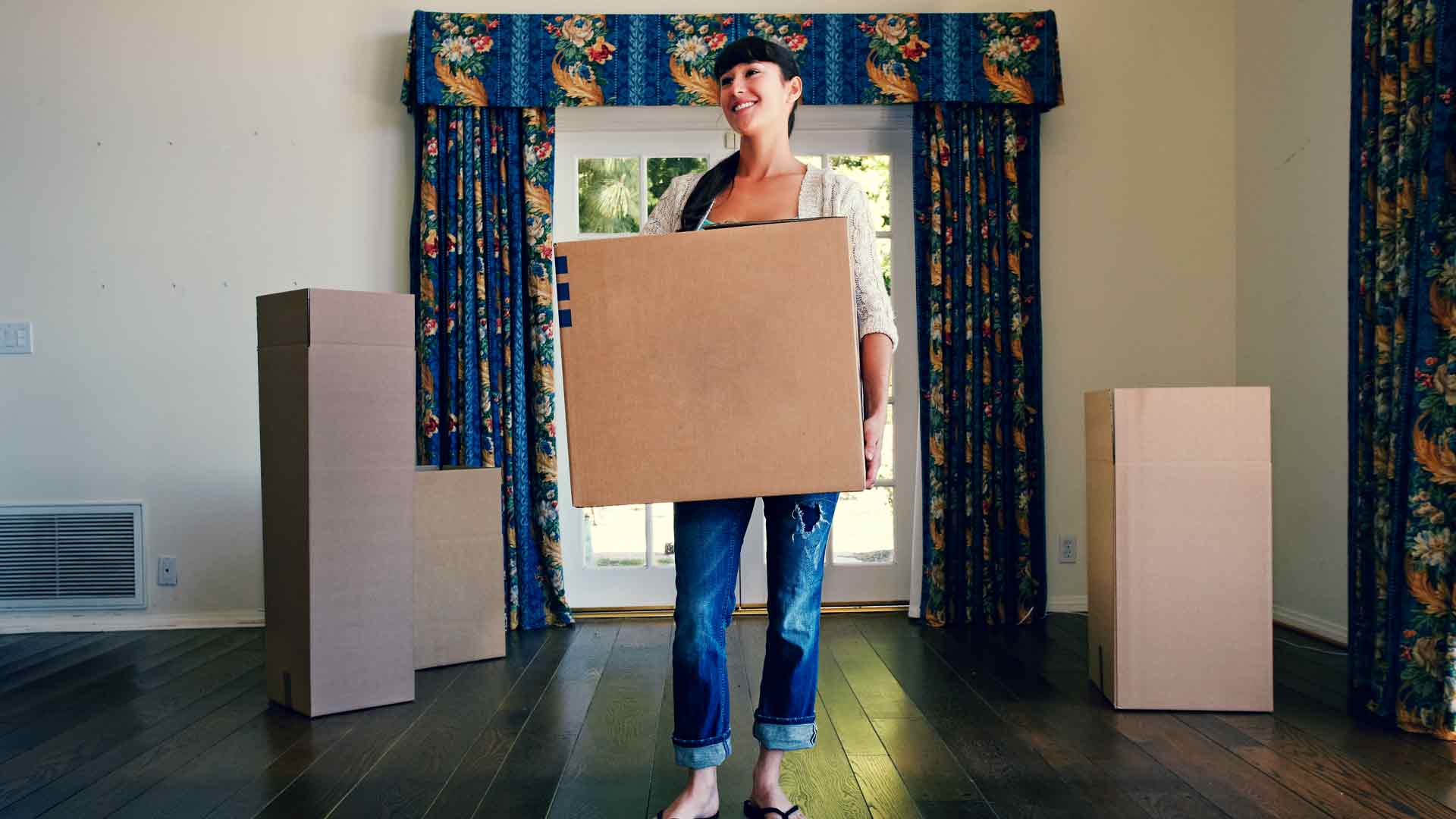Buying guide
7 first home buyer mistakes that could cost you thousands (and how to avoid them)
What are some common mistakes made by first home buyers? Find out how to avoid them and get ready to buy your first home

1. Not Knowing Your Budget
It's important to know your budget when hunting for your first home.
2. Not checking your credit score
4. Not Shopping Around for Your Mortgage
5. Not Using Schemes to Boost Your Deposit
6. Not Hiring a Good Property Lawyer
7. Not Getting a Builder’s Report
Find your perfect property
From your first home to your forever home, start your search on Trade Me Property, NZ's #1 property site.
Start searching Author
Discover More

Property value NZ: Check your house value online
Get a better understanding of property value across New Zealand

‘It’s time for life and laughter to fill the bach again’: Architect’s retreat and boatshed listed 30 years on
This two-level bach at Maraetai Bay in Queen Charlotte Sound was designed by the late architect Jonty Rout.
Search
Other articles you might like






